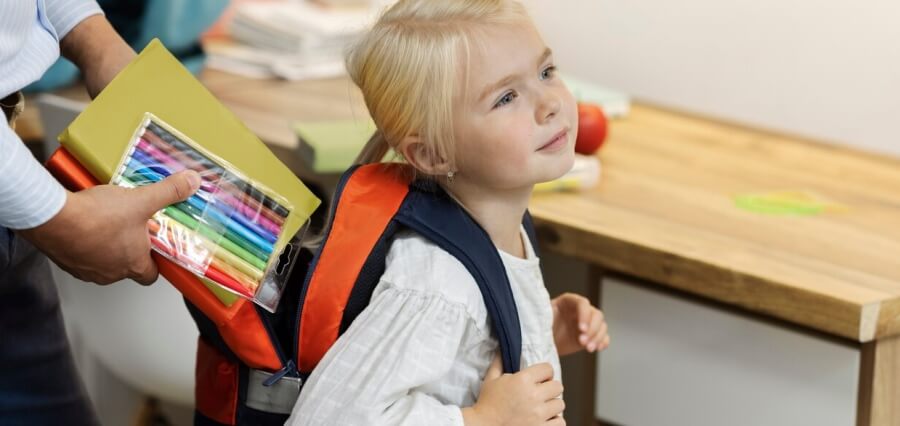
The transition to school is a significant milestone in a child’s life, marking the beginning of a new chapter in their educational journey. This transition can evoke a mixture of emotions, not only for the child but for the entire family. Preparing children for their first day at nursery school involves more than just packing a lunch and buying school supplies. It requires emotional preparation, establishing routines, fostering independence, and encouraging social skills.
Emotional readiness is paramount in ensuring a smooth transition to school. Parents can play a crucial role by talking about school positively, reading books about school, and expressing confidence in their child’s abilities. These actions help normalize the experience and boost a child’s self-esteem.
Establishing routines can provide a sense of security for children as they adjust to the new demands of school life. Consistent bedtime and morning routines, as well as practicing the school run, can help children feel prepared and reduce stress for both children and parents.
Building independence is also essential for a successful transition to school. Encouraging self-care skills, eating independently, and taking responsibility for belongings are ways parents can help children become more self-sufficient and confident in their abilities.
Visiting the school before the term begins can help familiarize children with the environment, teachers, and potentially make new friends. Additionally, encouraging social skills by arranging playdates with future classmates and role-playing social scenarios can help children feel more comfortable in their new social environment.
Ultimately, preparation lays the groundwork for a positive attitude towards education and a sense of excitement about learning. Parents play a pivotal role in this journey, serving as the primary source of comfort, guidance, and encouragement. The strategies outlined are crucial components of a successful transition, but the process doesn’t end on the first day of school. It’s an ongoing dialogue, a continuous exchange of support and understanding between parents and children.
As children navigate their initial days and weeks at school, they may encounter a range of emotions and experiences. It’s important for parents to remain patient, offer listening ears, and provide empathetic support. Celebrating small achievements and addressing challenges with a positive and constructive approach can significantly impact a child’s ability to cope with and enjoy their new environment.
Moreover, establishing a strong partnership with teachers and school staff can enhance a child’s school experience. Open communication with educators allows parents to stay informed about their child’s progress, share insights about their child’s needs, and collaborate on strategies to support their learning and development.
In embracing this new chapter, it’s crucial to recognize that each child’s journey is unique. There’s no one-size-fits-all approach to starting school. What matters most is providing a stable foundation of love, support, and encouragement, enabling children to approach school with confidence and resilience. By doing so, parents can help their children view school not just as a place of learning, but as a venue for discovery, friendship, and personal growth.


